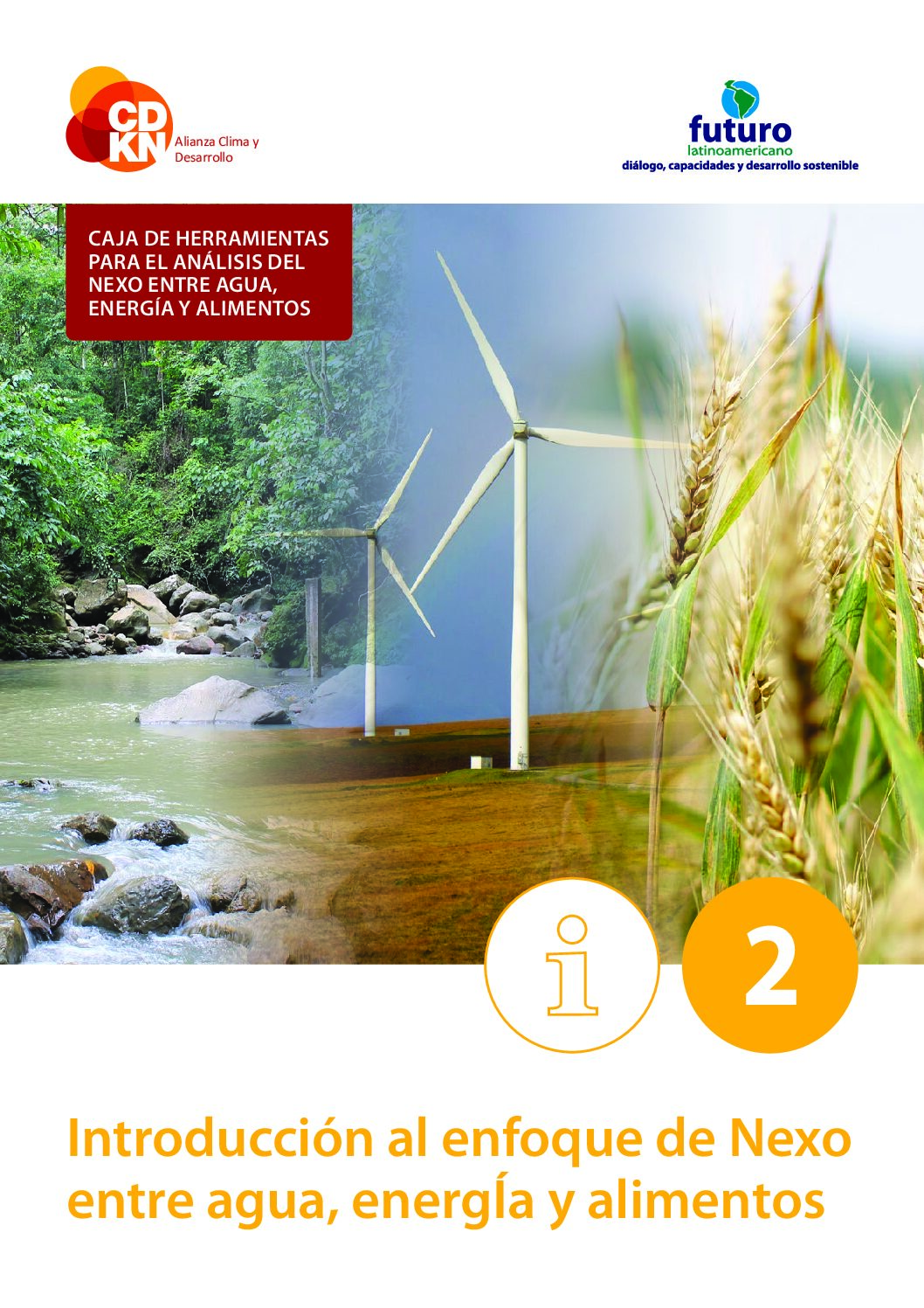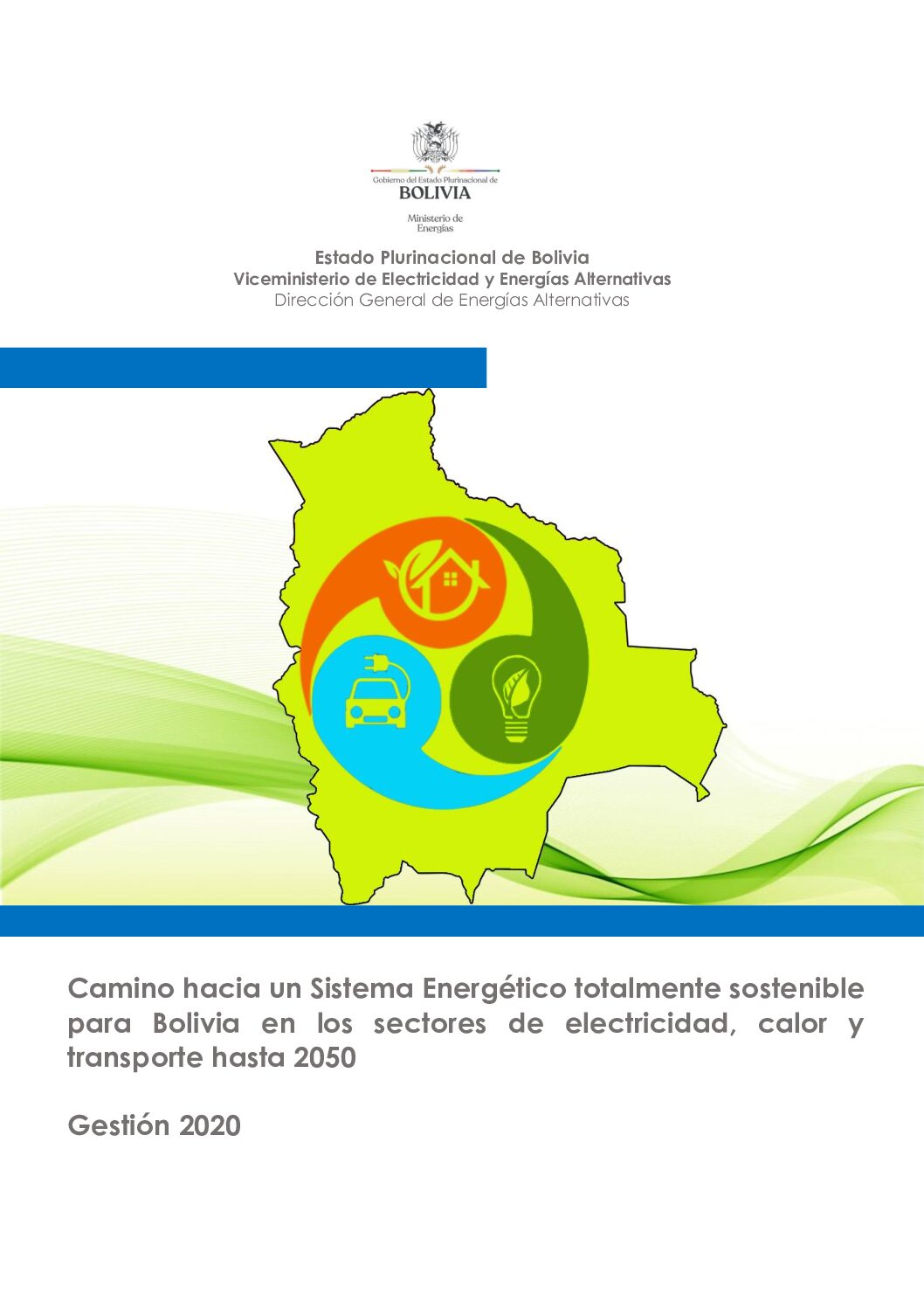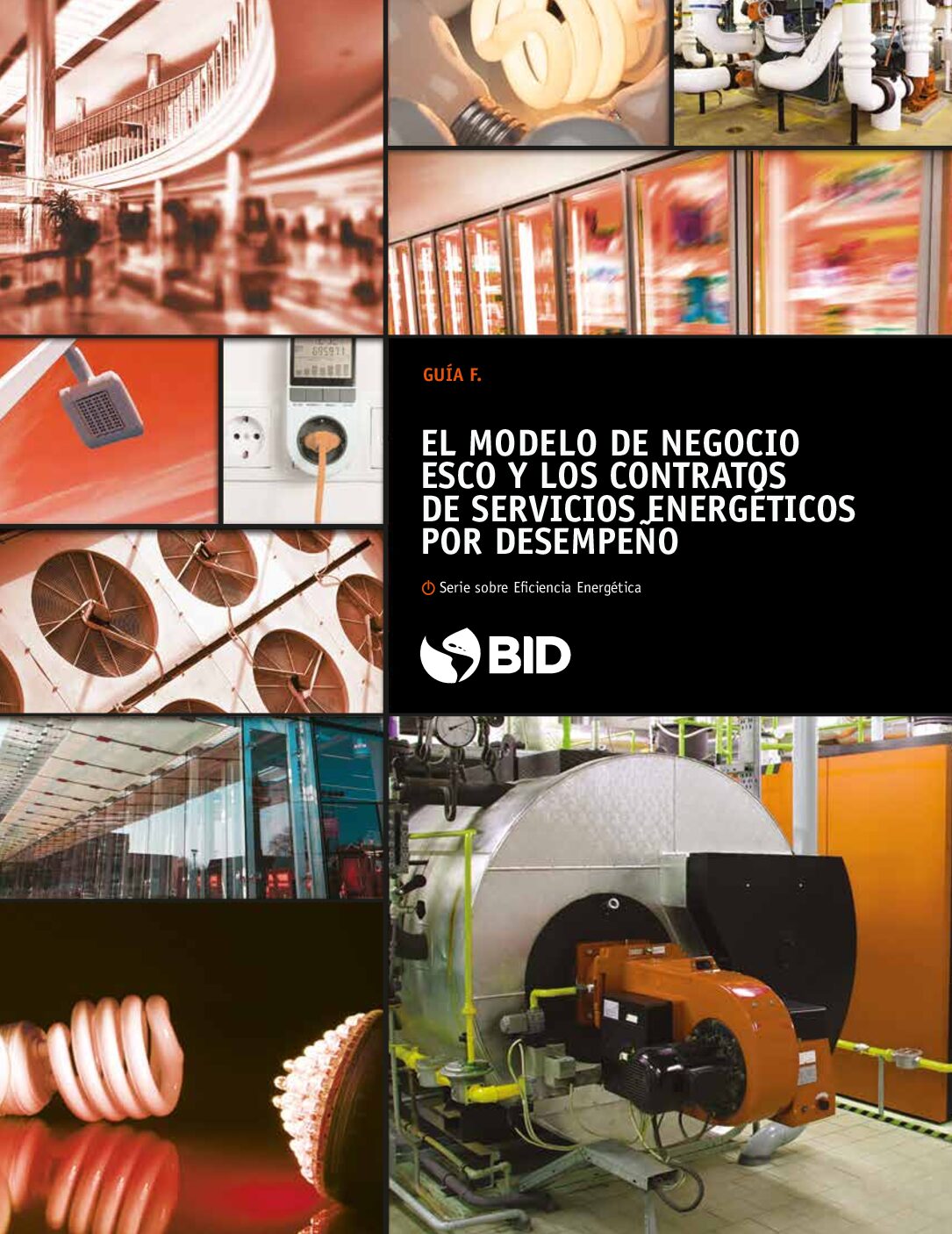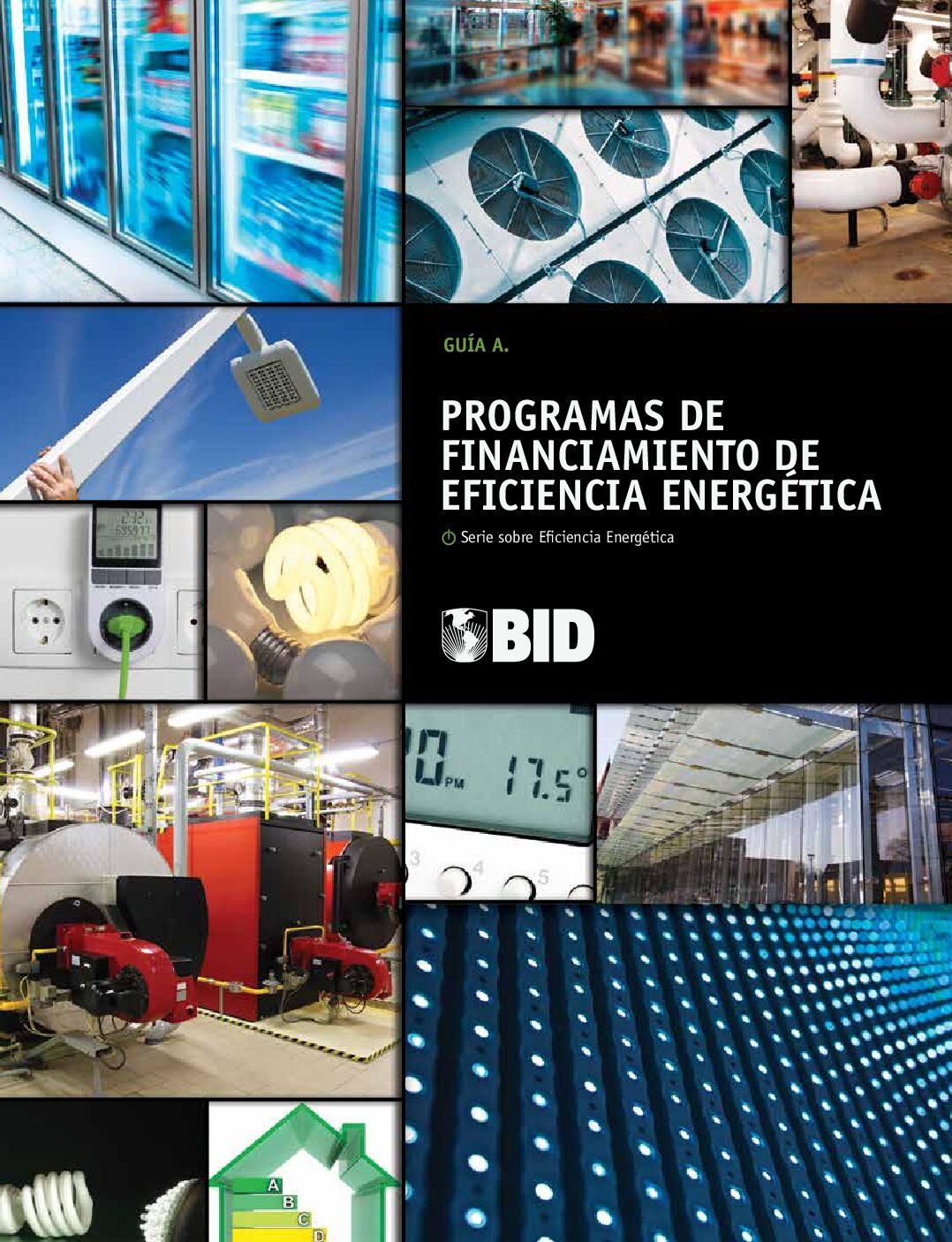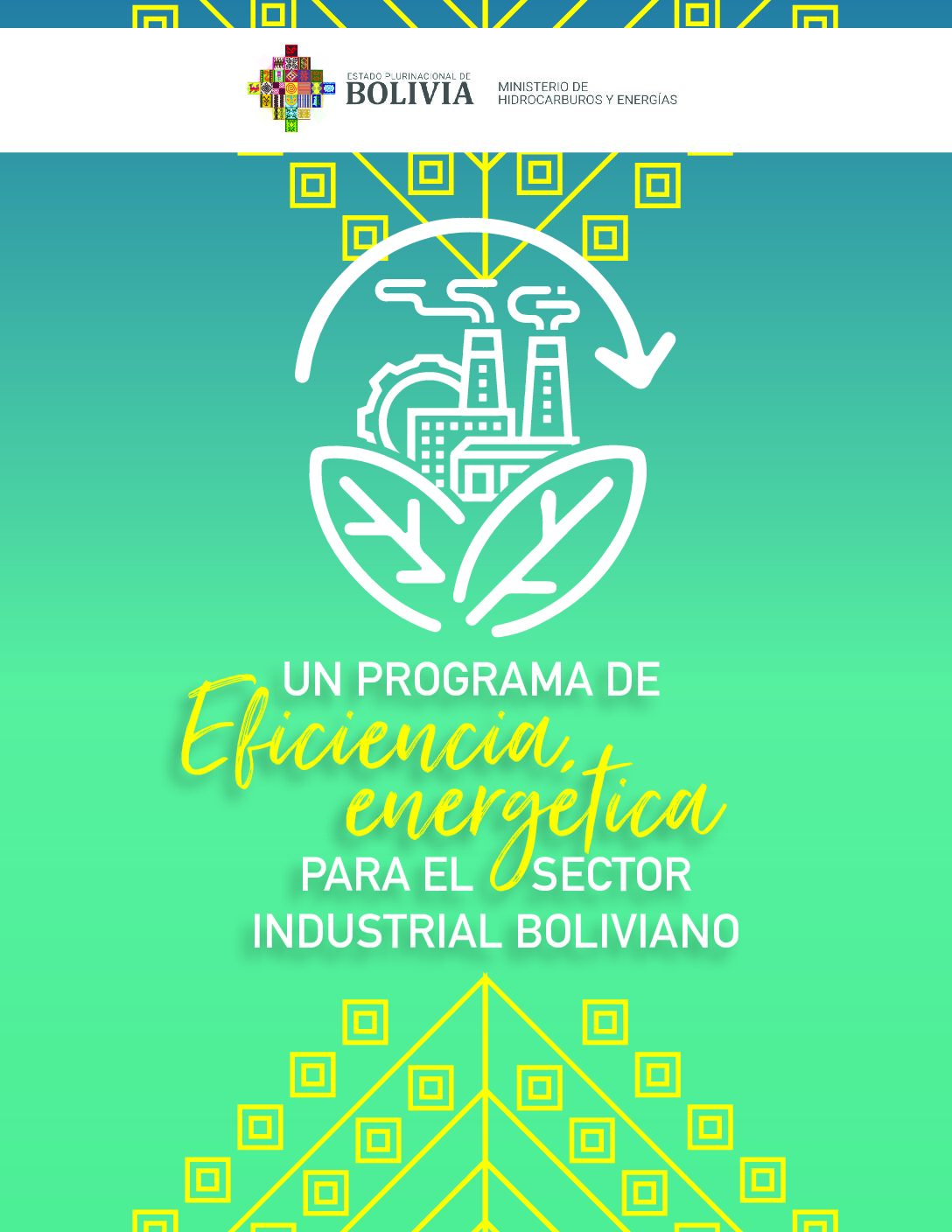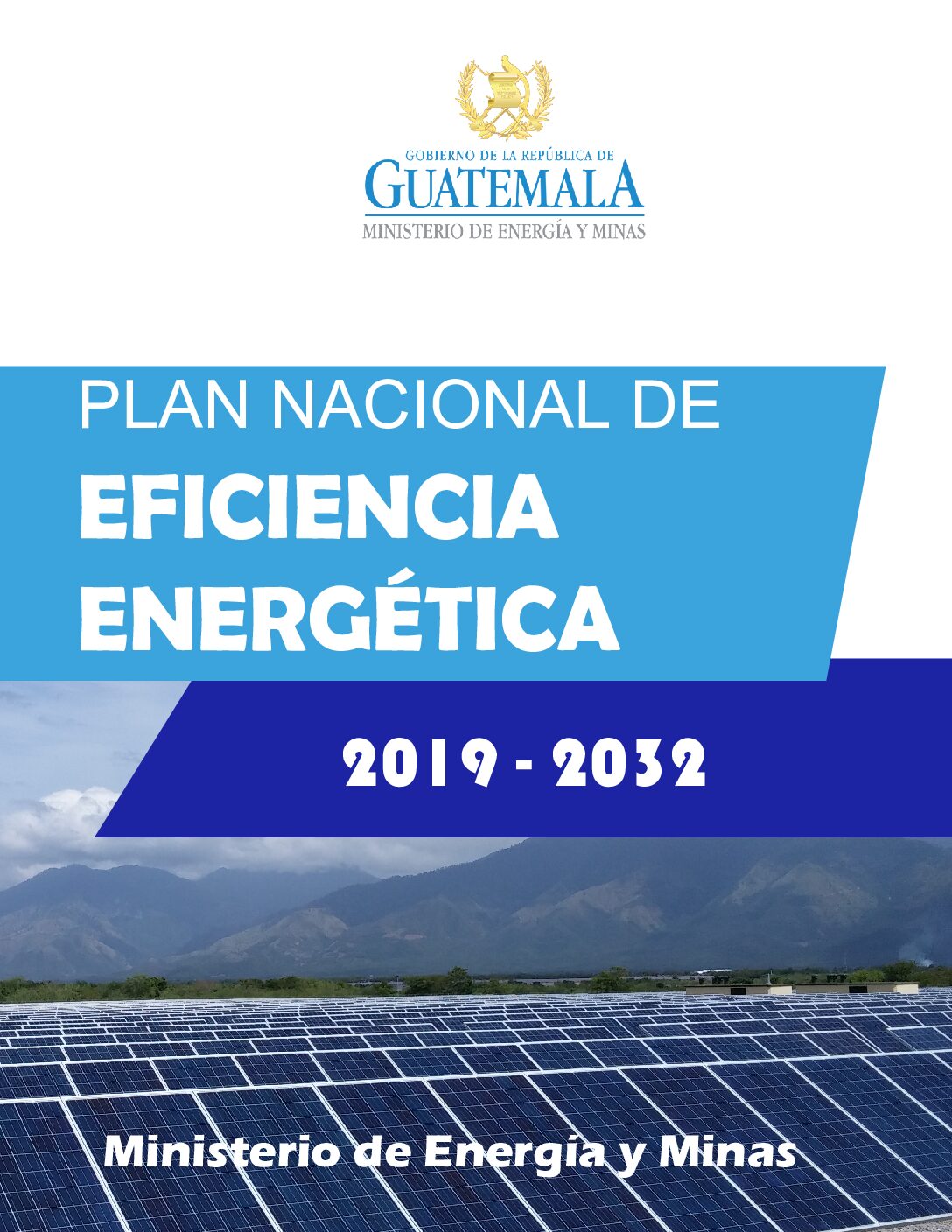These two blogs (available in English and Spanish) explain why you should undertake stakeholder mapping, how to go about it, and how to engage the stakeholders you have identified.
This guide leverages FAO’s extensive experience of developing and delivering e-learning solutions to offer practical advice and guidance to trainers and instructional designers who wish to develop effective capacity building initiatives.
This strategic plan assesses the current status of and regulatory framework for e-mobility in the Dominican Republic, and sets goals for the expansion of electric transport.
This toolkit presents a glossary and a list of useful resources on the water-energy-food nexus.
This toolkit provides advice on how to assess capacity needs for the implementation of the Paris Agreement, and provides good practice examples and further resources.
This report sketches a roadmap towards a sustainable energy, heating and transport sector in Bolivia.
This report explains the ESCO business model and helps readers integrate ESCOs into their business planning. It also provide good practices and case studies.
This guide is aimed at energy efficiency professionals in public and private intsitutions, and provides information on different financing mechanisms for energy efficiency.
This strategy describes the current state of industrial energy efficiency in Bolivia and ways to advance progress.
This is a strategy for energy efficiency in Guatemala, covering the following sectors: public services, industry, transport, residential and academia.


